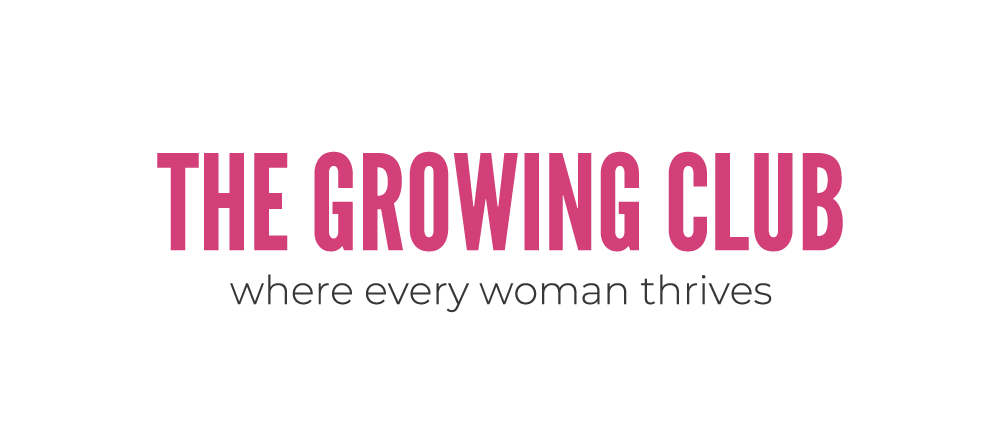Lancashire Women’s Peer Network
The Growing Club CIC is delighted to be part of the government initiative, Peer Networks, which brings together a diverse group of business owners and senior leaders as a group in a safe space, to discuss business challenges and how they can be overcome.
The initiative will be delivered through group sessions that are action-led and reflective, using peer feedback to create practical solutions for business blocks.
Build Back Better
Our expert facilitators, Jane Binnion and Lorraine Birch, will create the safe and supportive network needed to help build and strengthen your business. From finance and HR, crisis management, to sales and marketing challenges, the peer network will be a supportive arm to help you improve the overall performance of your business.
Why a Women’s Cohort?
Even in the best of times, we know that women leaders of SMEs and not-for-profit organisations carry a large workload and worry on their own. It is clearly stated that women entrepreneurs have been heavily economically disadvantaged by the COVID19 pandemic. Female-led businesses, often in sectors vulnerable to economic shocks, have experienced a higher rate of closure during the lockdown, and many more are struggling with the unprecedented situation.
The Department for Business, Energy and Industrial Strategy (BEIS) have allocated funding for a Peer Networks Programme to support organisations through this difficult time. Knowing the specific challenges faced by women in business, The Growing Club, via Boost Lancashire, has secured a portion of this funding to run a cohort specifically for women in Lancashire.
So what are Peer Networks?
It is a known fact that accountability to our peers is a powerful motivator.
The aim of this funded programme is to provide a safe learning environment with trained facilitators, where local women entrepreneurs and senior managers can share the difficult issues their businesses are facing in the current pandemic.
Using action-learning methodology, any issues can be discussed within a supportive group framework, with the intention to create change.
Subject-specific trainers will also be available to offer assistance with any areas needed, such as finance, marketing, HR and recruitment.
Course participants will receive:
- A total of 18 hours of action-learning group work, through 2.5 hour Zoom sessions each fortnight (with a break for Christmas).
- Two sessions of two hours, of one to one coaching.
There are ten places available (only one place can be allocated per organisation)
The cohort starts on Friday 20th November 2020
Dates and Times
Sessions will run on a Friday morning, from 10am – 12.30pm
November 20th
December 4th
December 18th
January 8th
January 22nd
February 5th
February 19th (We are hopeful that this final group session might be a socially-distanced, face-to-face celebration)
Is this programme for you?
Eligibility
– Women applying for the course will be the owner of a business, or a senior decision-maker within an organisation.
– The business (including not-for-profit organisations) must be Lancashire-based.
– The organisation must have been operating for at least one year.
– The business must be small to medium-sized (SME) with between 5 & 249 employers (associates count as employees for creative industries ).
– Business turnover must be £100,000+, pre-COVID19.
– Participants will be women who value peer-support, collaboration and are open to learning.
How to apply
Fill in your details via this Eventbrite link here and we will send you an application form.
Once the completed application form has been submitted, the applicant will receive a telephone call to confirm eligibility and take some details.
Participants will complete a detailed survey at the start, mid-point and end each the course, and also, at the end of each session, to enable quality monitoring and to capture the impact that the programme has upon the participating businesses. All information given will remain confidential and in accordance with GDPR.
Women who accept a place on the course are expected to commit to the full length of the programme.
The Facilitators
Jane Binnion is a qualified and experienced adult trainer and group work facilitator. She is the owner of Ethical Business Training, author of The Heart of Sales and founder and MD of The Growing Club CIC, an employment and enterprise training organisation for women.
Lorraine Birch has been a business owner since 1996 and says she has: “latterly matured to become an experiential mentor/trainer, with an unending desire to see women in leadership roles build resilience, create long-term success by investing in themselves and identifying and confirming their inner skills.”
Any questions? Please email Jane@thegrowingclub.co.uk
To find out more about the Peer Networks initiative, click here.
To find out more about The Growing Club please visit our website here.




